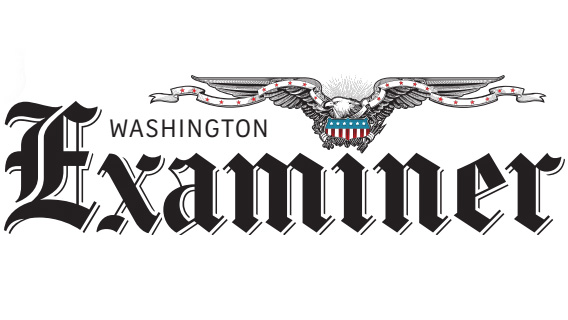Political donors have undermined “the very legitimacy of our democracy,” according to Russ Feingold, a former Democratic U.S. Senator from Wisconsin. In a recent op-ed in The British Guardian newspaper, he blames a whole host of villains for this fate: billionaire contributors like Robert Mercer, citizen groups like the National Rifle Association, and so-called “dark money” organizations in general.
To advocates of campaign finance restrictions like Feingold, using money to express political views makes politics more corrupt and extreme. Even though the figures he names are well-known in their political leanings, Feingold claims that their influence in politics is due to the privacy afforded to them by law. The solution, he says, is public disclosure of “dark money.”
“Dark money” refers to donations to nonprofit organizations that are not required to publicly reveal the identities of their donors. Such groups are limited in what they can spend on politics: 501(c)(4) social welfare groups are forbidden from spending more than half of their money on politics; 501(c)(3) charities cannot advocate for or against candidates at all. Since these groups are not mainly political, they are not required to publicly disclose the names, addresses, and occupations of their contributors. This has been the case for decades: The 1957 Supreme Court case of NAACP v. Alabama recognized that donor privacy protects advocates of controversial causes from harassment or worse. In these polarized times, that is still a concern.
Political spending by these nonprofits has never been more than 5 percent of total federal election spending. To advocates like Feingold, however, it is a threat to democracy. While the publication of donor names and addresses might seem like common sense to him, such policies make it hard for other Americans to support the candidates and causes of their choice.
Feingold’s status as a former senator makes him unique. His influence and name-recognition give him a bigger platform than most to speak about politics. And as a retired politician, he won’t face many personal consequences for publicly stating a political position either. That is not the case for citizen activists, whose political views could expose them to retaliation in their workplace, school, or community.
Furthermore, Feingold’s chosen platform – a major foreign newspaper – also sets his speech apart from the type available to most citizens. Large media outlets spend millions to be able to have their reporting and opinion pieces reach the public. Public figures like Feingold can make use of these platforms relatively cheaply by writing op-eds that large news organizations will not hesitate to reprint – an advantage most other citizens don’t enjoy. Consider also people like President Trump, who was able to exploit his celebrity status to gain billions of dollars’ worth of “free” airtime, even as his political opponents outspent him.
If Feingold thinks it’s unfair that some people are able to spend more money on elections, is it also unfair that some people can get more attention without spending money at all?
When ordinary people want to express their opinions alongside those of the powerful, they have to raise and spend money to do it. This doesn’t just mean buying advertising time on TV – even posting an internet video or printing fliers requires buying the right materials and equipment. Pooling resources can be an effective way to enhance the voices of ordinary Americans, but these expenses trigger government regulations when they add up.
Yet, campaign finance law only targets certain types of political participation. Before Citizens United, the Obama administration argued in court (at least for a time) that an organization could be forbidden from screening a movie criticizing a presidential candidate. A celebrity or politician can go on TV to criticize that same candidate, however, and face no such legal obstacles. Luckily, the Supreme Court recognized that 501(c) organizations could be an important way for citizens to join together and speak about politics without needing to hire campaign finance attorneys every step of the way. The rich can hire all the help they need – grassroots activists can’t.
Regulating money in politics and removing donor privacy certainly won’t affect Russ Feingold’s ability to express his opinion. But it will chill the speech of ordinary Americans and secure a media monopoly over public discourse. Political participation shouldn’t just be for those with the ability to write in a national newspaper, or the willingness to endure potential harassment and intimidation for their beliefs. Yet, that is the price of Feingold’s preferred policies.
More regulation is a surefire way to get less speech – just not from the rich and powerful.
This post originally ran in The Washington Examiner on December 26th 2017.














